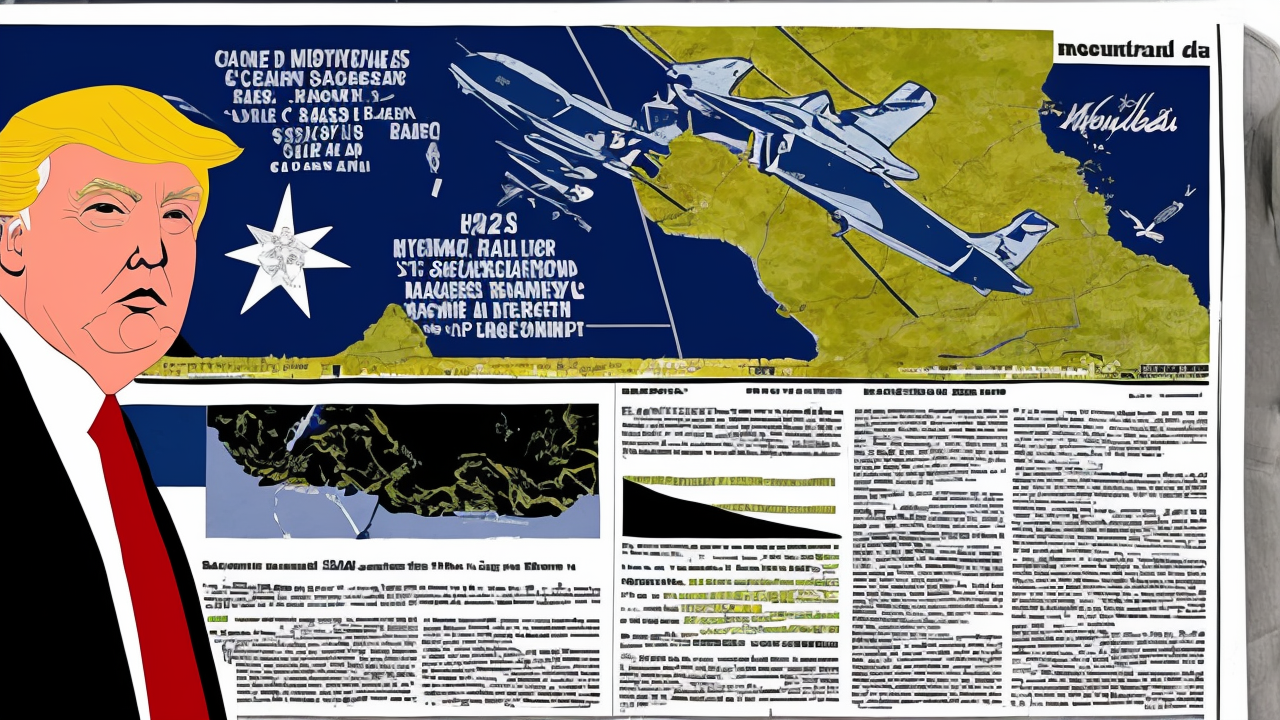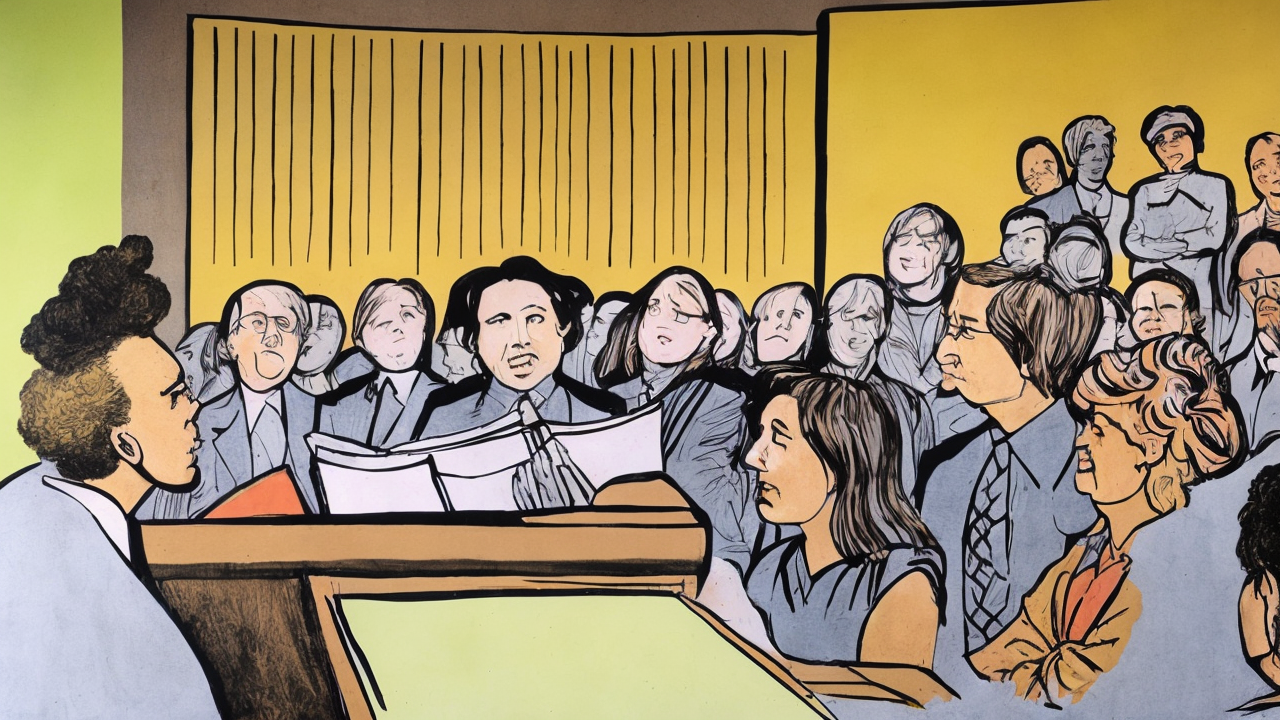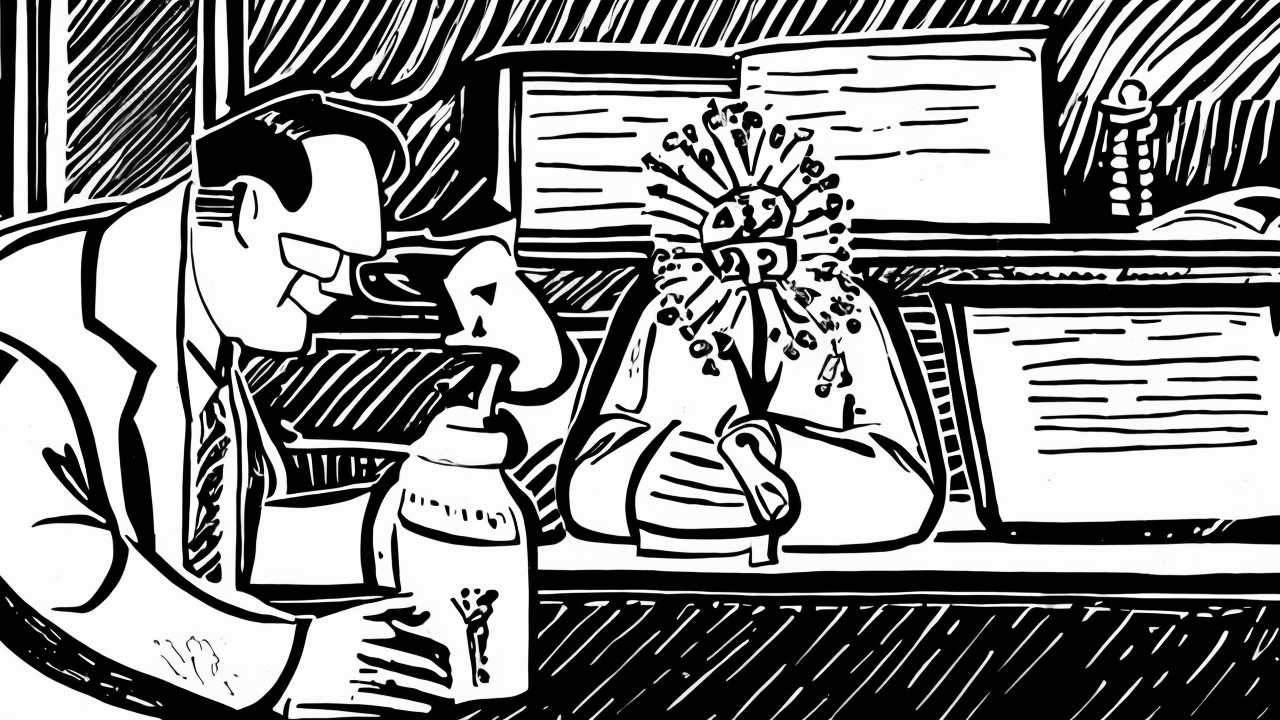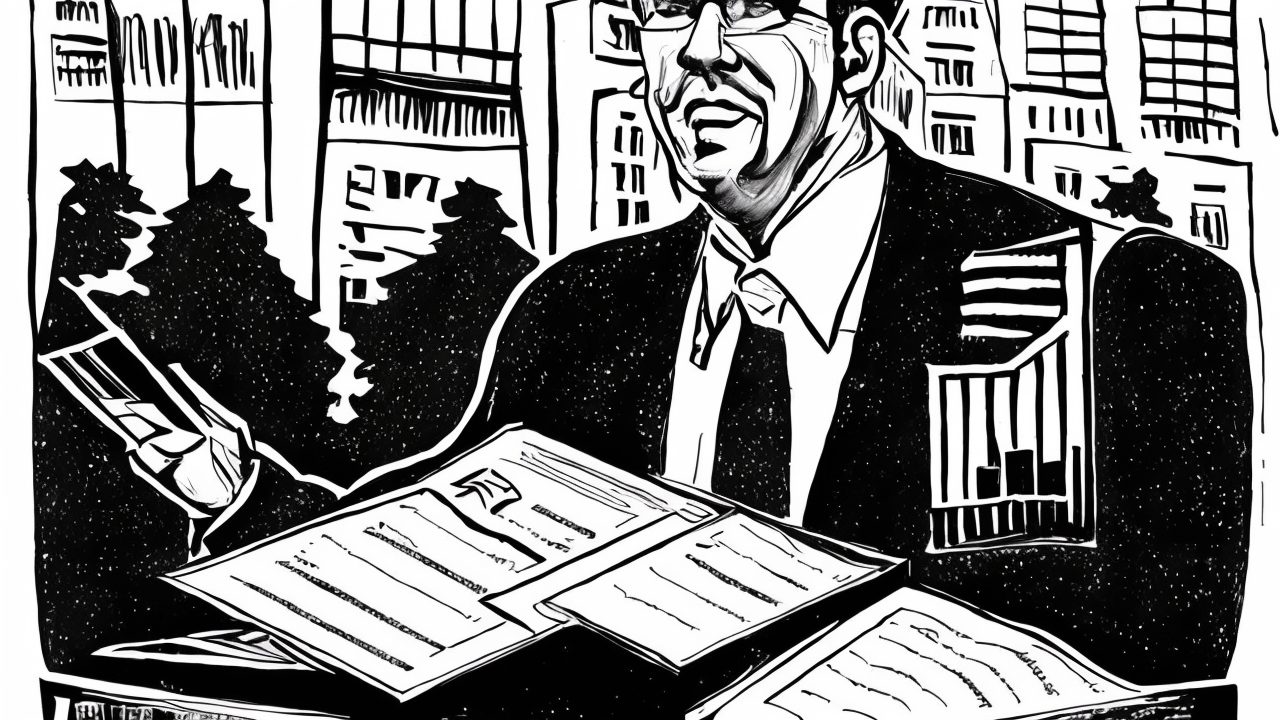Argentina's Economic Crisis Demands Radical Reforms

Argentina stands at a critical juncture in its history. The country is enduring one of the most severe economic crises in modern Latin American memory. Inflation has reached staggering levels, the peso has lost nearly all its value, and investor confidence has all but vanished. While President Javier Milei’s initial steps to reduce bureaucracy and relax capital controls have been met with cautious optimism, deeper structural reforms remain unfinished—most notably, the full adoption of the U.S. dollar as the nation’s official currency.
Dollarization is not just an economic policy. It is a moral and practical necessity. By anchoring the economy to a stable, globally trusted currency, Argentina would eliminate the temptation for central bank overreach—the root cause of its repeated financial collapses. For decades, the ability to print money at will has fueled reckless spending, eroded savings, and destroyed public trust in institutions. Dollarization ends this cycle. It enforces fiscal discipline, aligns government policy with real economic conditions, and restores accountability to public spending.
This is not a radical idea. It is a return to basic principles. When nations uphold the integrity of sound money, they protect the dignity of labor, honor the value of saving, and affirm that lasting prosperity comes not from redistribution, but from productivity, responsibility, and stewardship. These are not abstract theories. They are time-tested values that support strong communities and accountable governance.
Argentina’s failure to adopt the Chilean Model for retirement savings is another example of a missed opportunity rooted in deeper cultural choices. This model, developed by economist José Piñera, allowed individuals to manage their own retirement through private accounts. It promoted long-term savings, encouraged personal responsibility, and strengthened economic participation. It succeeded because it respected human dignity—the belief that people should have control over their own futures.
Yet, when socialist governments dismantled such systems, they did so not out of necessity, but out of a conviction that the state should manage every aspect of life. This mindset equates government action with moral authority. It leads to dependency, inefficiency, and a decline in civic virtue. When people expect the state to solve every problem, they lose the motivation to plan, save, or build. Over time, this weakens not only the economy but the character of a society.
Economists like Steve Hanke and Treasury Secretary Scott Bessent have issued warnings based on decades of experience. Delaying structural reforms only deepens the crisis. It invites greater state intervention and increases the risk of political extremism. The path to recovery is not through more promises, more subsidies, or more bureaucracy. It is through the restoration of honest money, the encouragement of private initiative, and the enforcement of the rule of law.
The lesson for other nations—especially those with expanding welfare states and growing government control—is clear: prosperity does not come from the expansion of state power. It comes from protecting individual freedom, safeguarding property rights, and maintaining disciplined fiscal policy. Countries that have preserved market-based systems, limited government, and strong property rights have consistently outperformed those that have abandoned them.
Argentina’s crisis is not just a national tragedy. It is a global warning. It shows what happens when principles of personal responsibility, limited government, and economic integrity are compromised. But it also shows what is possible when those principles are restored.
The way forward is not ideological posturing. It is practical, principled action. Adopt the dollar. Protect private savings. Return to the bedrock of economic freedom. In doing so, Argentina—and the world—can rediscover that true stability is not built on debt or decree. It is built on trust, virtue, and the enduring strength of free markets.
Published: 9/22/2025








